Gramshree
Working with tribal families in Central India to develop and sell value-added products from non-timber forest produce.
Buddha Institute identifies and nurtures development
entrepreneurs who add value for greater good towards
a progressive, inclusive India and the world.
Uplift 25 Million Lives, 1/7th of India’s poorest, and create
100,000 jobs by 2030.
The foundation of the Buddha Fellowship Program was laid in 2016, but the ideology dates back to 1997 when Mr. Ved Arya founded SRIJAN (Self Reliant Initiatives through Joint Action), an initiative that impacted over 125,000 families in 18 locations. As a development entrepreneur, Mr. Arya (Ashoka Fellow, UN Environment Program Fellow, Hubert Humphrey Fellow) felt the need to create an ecosystem to support young entrepreneurs, who have the vision to bring about social change. Thus the idea of The Buddha Institute was born with two program offerings at present – The Buddha Fellowship Program, which supports entrepreneurs already on their journey; and The Buddha Anubhav Program, which provides learning and immersion opportunities to college youth who may be inspired to start their entrepreneurial journey.
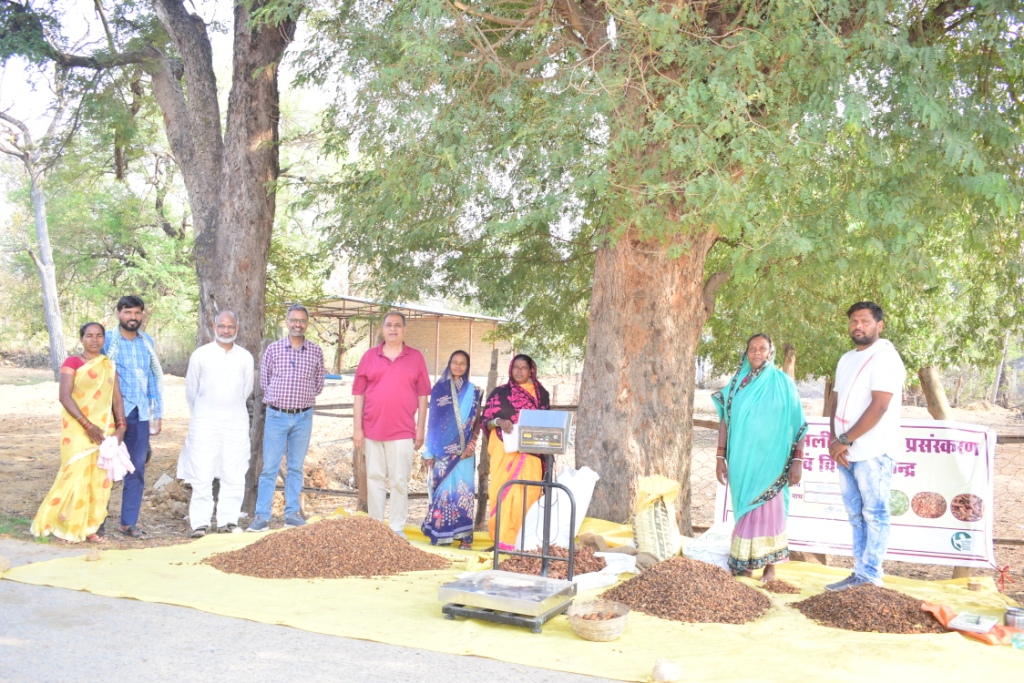
A Journey from Chemical Engineer to Development Entrepreneur

Kalyani Chavali was greatly affected when she saw the condition of women in rural Maharashtra during one of her college projects. She decided to opt out of a corporate career to create livelihood and jobs for rural women.
She established Sahrudaya Foods Pvt. Ltd. with a mission to revive traditional healthy snack food recipes.
Kalyani is a chemical engineer and was selected as a Buddha Fellow early in her journey in 2022. Within one year she has scaled her business.
Run a for-profit scalable business - directly benefitting marginalised people
Have the potential to impact 25,000+ marginalised people over 10 years
Consciously measure the social impact of their business activities


As of 2023, there are 19 Buddha Fellows, collectively uplifting 125,000 lives
By 2030, as 1000 Buddha Fellows’ businesses scale, 25M People will be uplifted at an average cost of $1.20 per person
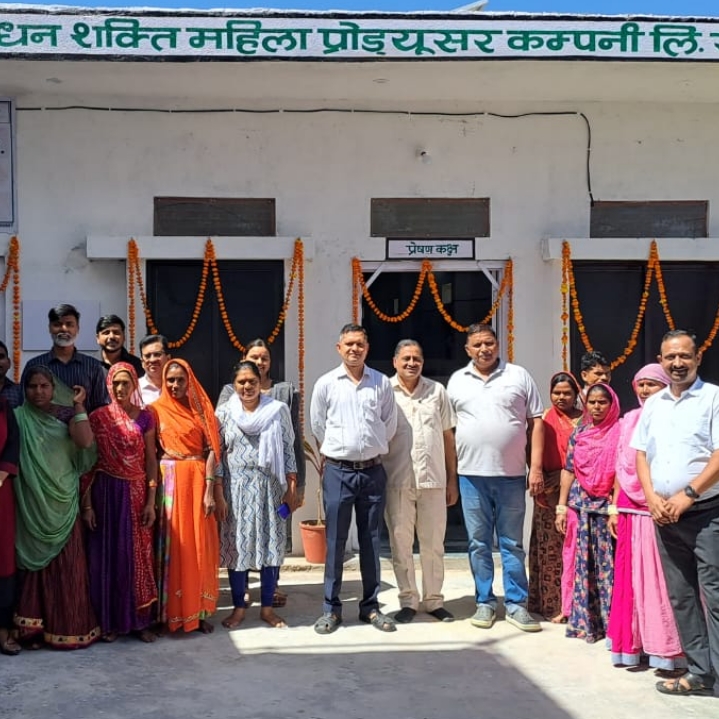
Gramshree
Working with tribal families in Central India to develop and sell value-added products from non-timber forest produce.
Target no. of families impacted

1 Million
Additional annual income per family

USD 350
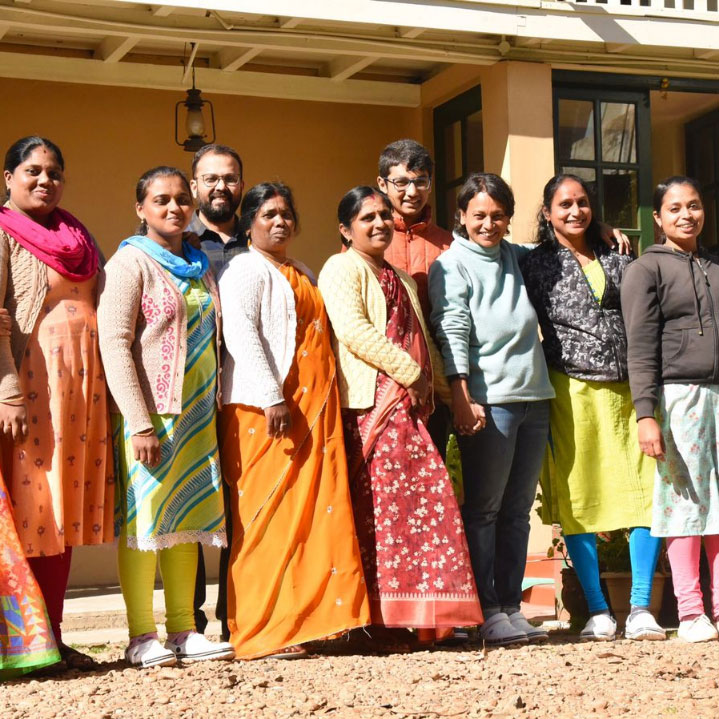
The Good Gift
Supporting tribal women in the Nilgiris, Tamil Nadu to earn USD 56 per month by upskilling them on handicrafts and providing direct market linkages
Lives
Impacted

265+
Incremental annual income to tribal women

approx 14000 USD
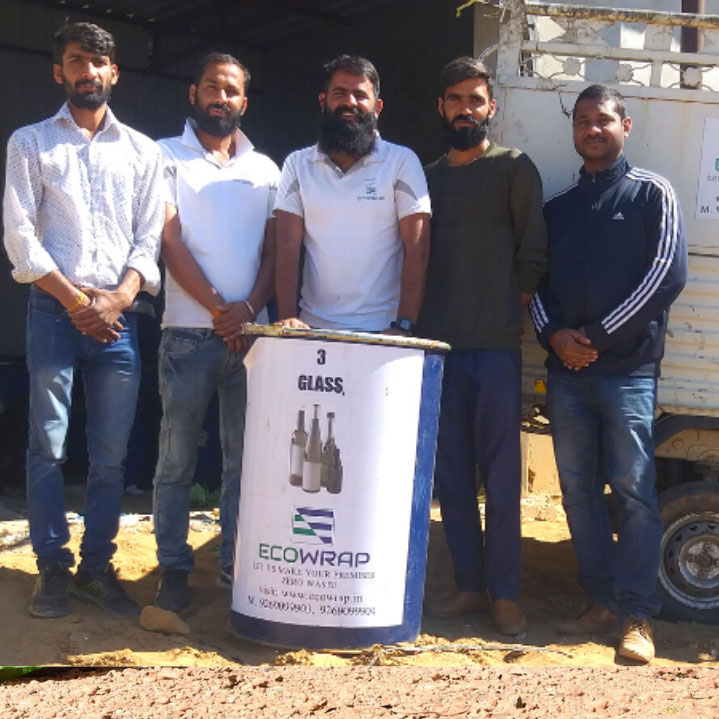
Ecowrap
Primary waste segregation and providing a one-stop solution for waste collection, tracking, recycling and up-cycling, with a Motto of “Mera Desh, Zero Waste.
Scrap Picked

Over 11000 MT
Saved GHS Emissions of

Over 21000 MT
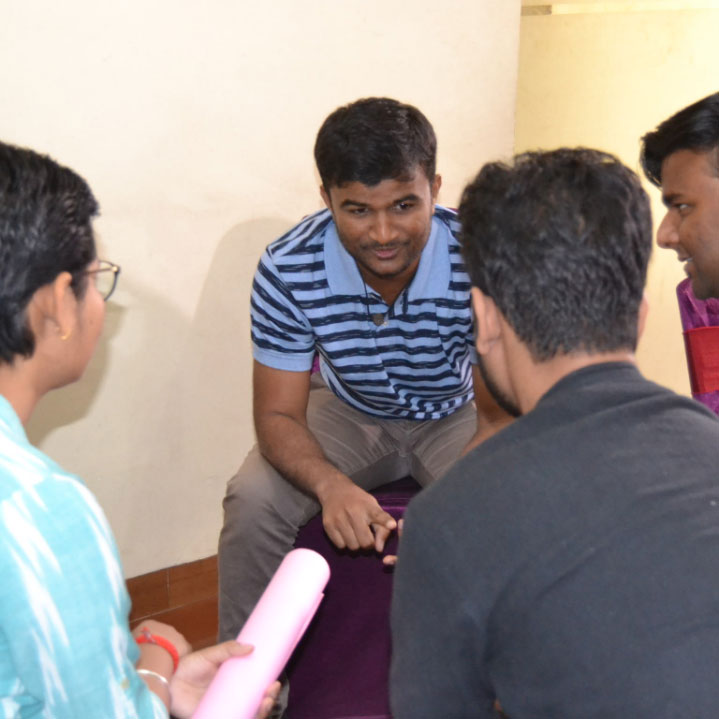
MLAND
Improved farming techniques using hi-tech polyhouses to enhance farmer incomes in rural Andhra Pradesh
Area under
cultivation

15 Acres
Additional annual income target per farmer

USD 10,000 per acre p.a.
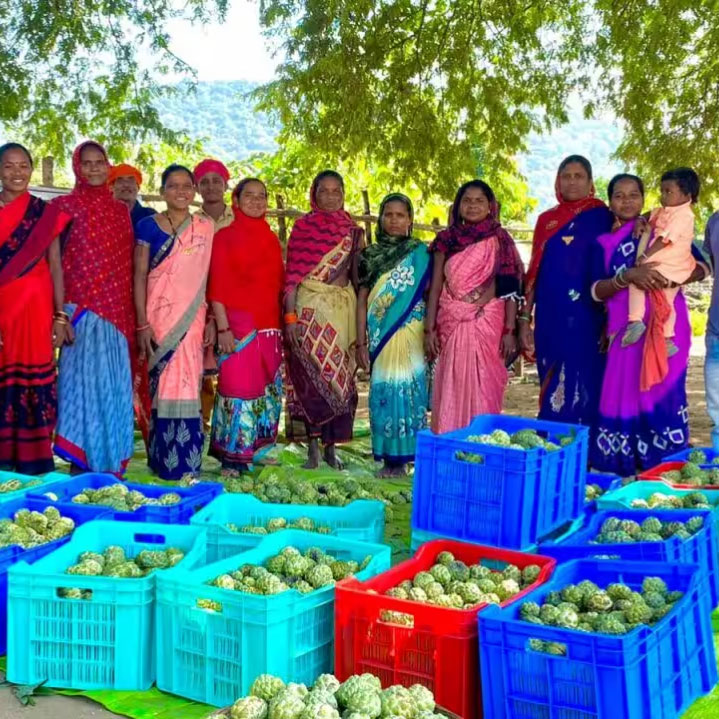
Bastar se Bazaar Tak
Improving incomes for tribal women farmers through NTFP collection and processing in Kanker, Chhattisgarh.
Lives
Impacted

5750+
Women Employed

1150+
Revenue (2023)

USD 65,000

Our goal of a progressive, inclusive India and the world, is an audacious endeavour requiring consistent nurturing at multiple levels. One such aspect is to make development entrepreneurship a lucrative path to pursue for the youth of India. The Buddha Anubhav program engages college graduates across India to build a first hand understanding of development issues through various immersion experiences. Over 2000 youth have already engaged hands-on through internships at Buddha Fellow or our partners ’ enterprises
Insights Unearthed: Sonali Boro, Tezpur University on Immersive Rural Encounters

“The 15 day-long rural immersion was a thrilling experience for me. I couxld feel the fear and anxiety of people who fight for daily survival. Listening to people ’ s experience and memory of wild animals invading human space or vice versa help me dive down into their lives.”

“I was able to validate my hypothesis through this immersion into rural life, which proves that the rural lifestyle is challenging but with proper Interventions can be made indeed sustainable”

